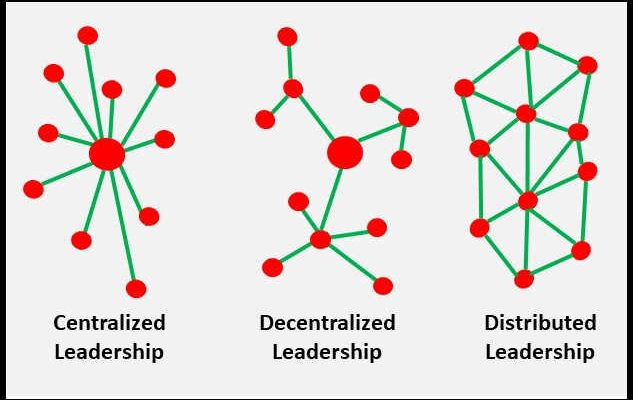Reasons for the Emergence of Distributed Leadership

Two explanations have been offered for the emergence of distributed leadership. The first is the failure of the “charismatic hero” associated with transformational leadership. The second is that school leaders now handle tasks of much greater complexity. . It is not the heroic leader who makes an organization function well, but rather the “mundane,” everyday activities that matter.
Distributed leadership is well within the broader policy spectrum for public services. In a government’s emerging model for public services, we see the three modes of leadership that the government favors. These are hierarchy, market, and network. If we overlay the school setup on the government model, then we see where the schools’ “capability and capacity” fits in relation to the network regime of governance, where distributed leadership is positioned.
Distributed leadership can therefore be said to be similar to the broader policy process, since government will construct a need, goal, or objective that would require both school actors and non-school actors to distribute their efforts between organizations and/or within organizations to achieve this end. It also provides a cultural reference to the official structural similarities of two traditionally separate organizations.
Distributed leadership fits well with the merging or networking of work-based activities according to current trends on inter-agency working in schools; with the joint production of personalized needs and solutions; and finally with the changing workforce . All these efforts seek to merge the professional cultures of different groups.
With the above in mind, the emergence of distributed leadership is not only a reaction to the recent policy shifts; it also reflects changes in contemporary culture. Organizations can no longer control their workers through the so-called rational or bureaucratic structures of the past. Those out-of-date methods inhibit the kind of independent work that relies on solidarity, respect, or mutual trust, since all they end up doing is bringing about authority conflicts.
The present focus on distributed leadership is not so much related to the cultural turn toward taking emotions into account, like transformational leadership, but is more of an example of management theory resonating with a contemporary shift toward the weakening of traditional logic. Organized social structure, as a result, has given way to a “network culture.”
These new changes also indicate a change in the knowledge economy. We have begun to see a form of “socialism” in education, proven by the use of terms such as “universal education” to symbolize the trend toward viewing education as something other than a market commodity in this age. Governments around the world are now keen to set up a policy that ensures that literacy is achieved by all, with no regard to social status. The role of the school leader is therefore shifting from economic management to social management.
References
Distributed leadership is a theory of leadership that was developed by Peter Gronn, and has been written about by many other scholars since then. To read more of his work on distributed leadership and other topics, click here to visit his Amazon.com page.





